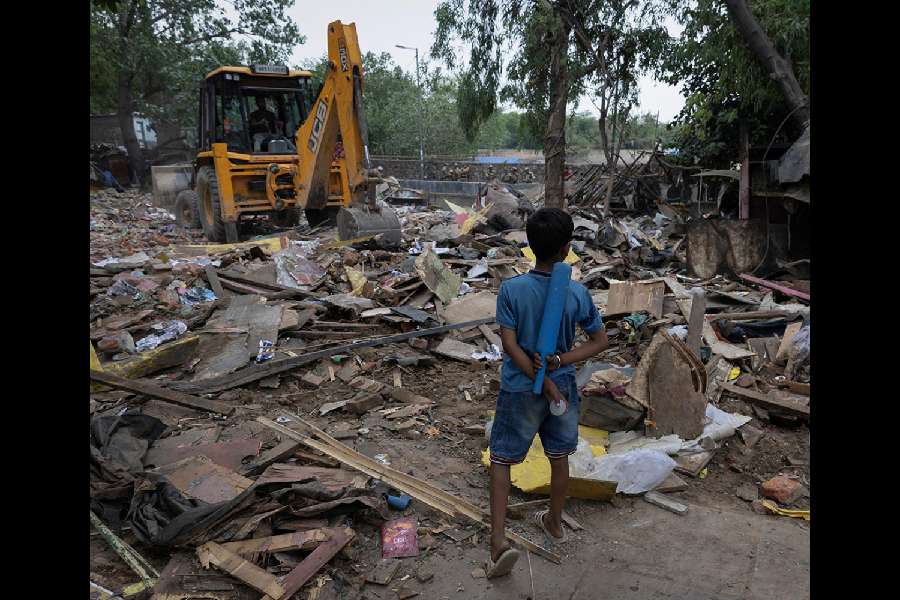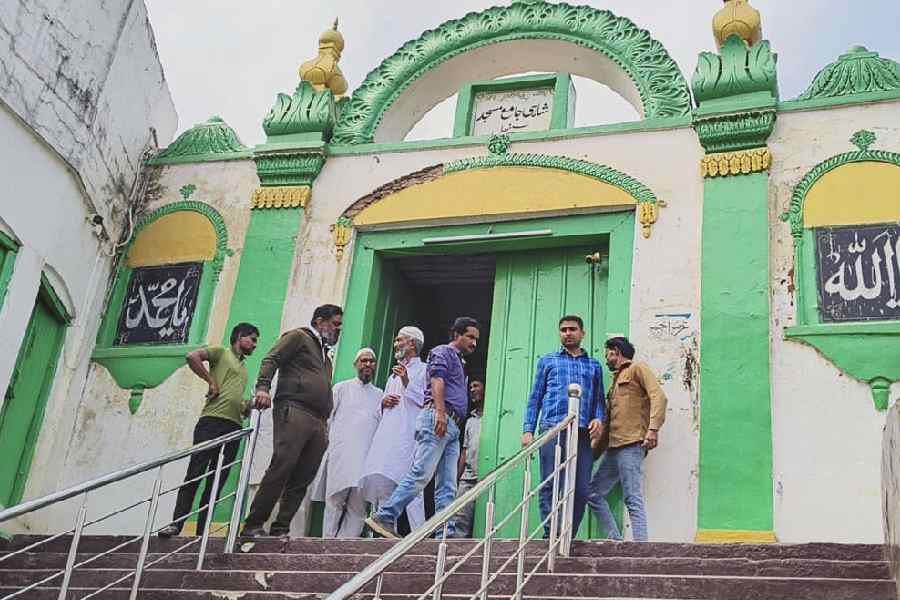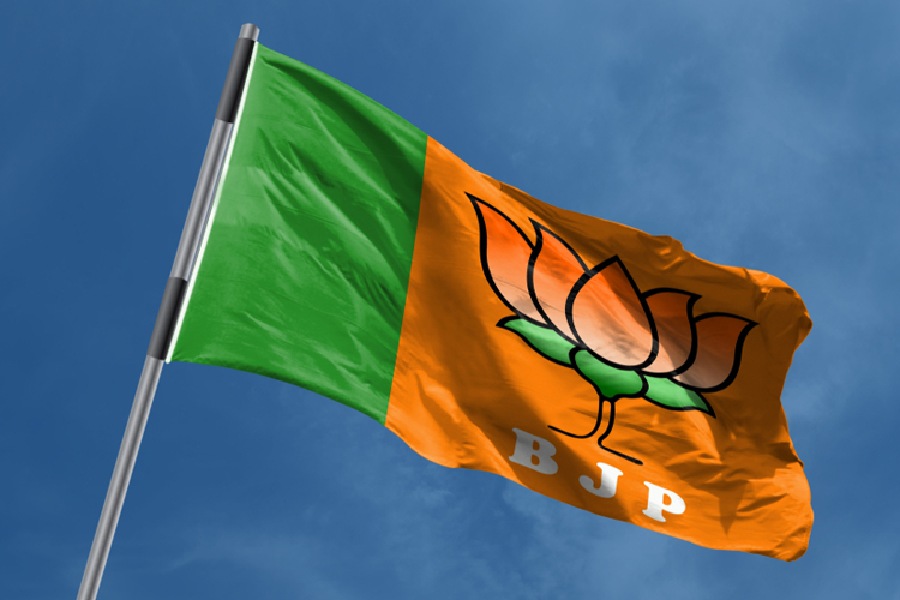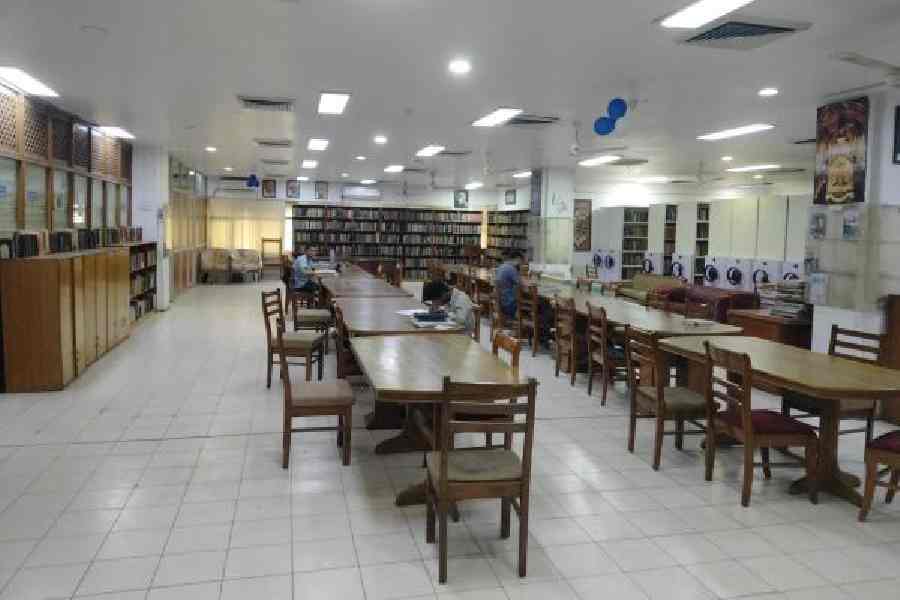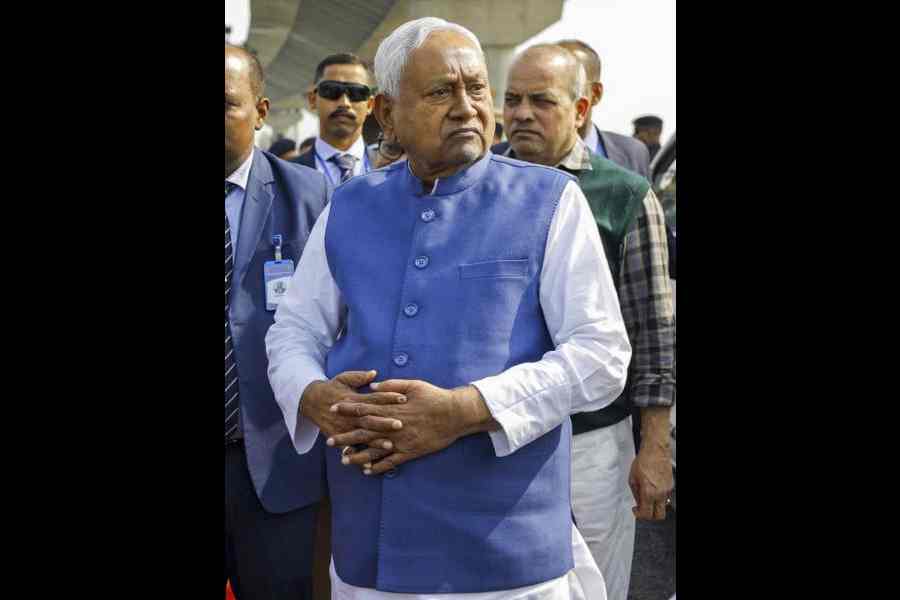A few years back, the former chief justice of India, N.V. Ramana, had explained the difference between a political order governed by ‘rule of law’ and one governed by ‘rule by law’. According to Justice Ramana, a political order governed by ‘rule by law’ views law as a tool of social control and a shield to justify oppression whereas a ‘rule of law’-based order views law as a process enmeshed in the ideals of justice and equity.
For Justice Ramana, the whole endeavour of the constitutional project was to provide a bridge enabling the transition from ‘rule by law’ to ‘rule of law’. “The British colonial power… used the law as a tool of political repression, enforcing it unequally… It was an enterprise famous for ‘Rule by Law’, rather than ‘Rule of Law’, as it aimed at controlling the Indian subjects… Our struggle for independence thus marked our journey towards the establishment of a state defined by the Rule of Law… The framework that forms the binding link between law and justice in this country… is what ‘We the people’ gave to ourselves in the form of the Constitution…”
This month brought fresh intimations that we might have regressed to an authoritarian regime whose organising principle is rule by law. Let us consider two cases.
The first is a surreal piece of black comedy emblematic of our time. The comedian, Kunal Kamra, released a video this week that alluded to the rising authoritarianism in the country. This prompted a right-wing mob, followed by State authorities, to step in and provide a sequence of theatrical evidence. A group of Shiv Sainiks, captured on video, vandalised the Mumbai venue of the event, claiming to take offence at a jibe directed at the deputy chief minister, Eknath Shinde. This was followed by a visit to the venue by BMC officials, some of them armed with hammers. The owners were effectively threatened into pulling down an ‘unauthorized shed’ and closing the venue indefinitely. Finally, the chief minister, Devendra Fadnavis, explicitly sanctified the hooliganism by claiming that “insult” directed at “people on constitutional posts” is not protected by ‘freedom of speech’. The police obediently filed a case against Kamra for “derogatory comments”.
In this sequence of events, we can notice that the mob, the municipal authority, the police, and the chief minister are operating out of a shared framework, united in their commitment towards retributory violence and political repression. The only difference is that the formal authority structures, much like in the colonial era, are constrained to provide some flimsy or incoherent legalistic pretence as justification.
The second case (or cases) has to do with the ongoing phenomenon of the demolition of homes and shops, mainly in states ruled by the Bharatiya Janata Party, that is directed particularly at Muslims accused of various crimes. This is now happening in open disregard of a Supreme Court order which had declared such demolitions illegal and contrary to constitutional rights. In Maharashtra’s Malvan, a worker of the Vishwa Hindu Parishad claimed a 15-year-old Muslim boy had chanted “Pakistan zindabad”. In response, the municipal corporation demolished shops belonging to both his father and uncle. Meanwhile, on a contempt petition filed by a resident of Sambhal in the Supreme Court, alleging that his property had been demolished without any prior notice in express violation of the court’s orders, the apex court merely directed the petitioner to approach the high court. Emboldened, the Sambhal administration has announced fresh demolition plans for scores of houses and a mosque in another Muslim neighbourhood.
All of this pours cold water on the hopes that India’s new Jim Crow regime that criminalises Muslim lives by dispensing ‘collective punishment’ can be pushed back via some landmark judgments.
Now let’s come to the main question: why is the rule of law under such grave threat in India? The answer lies in the emaciated state of our democratic culture.
We are often told that the rule of law is protected by a country’s democratic institutions, such as the media and the judiciary. That is not true, or at least not in its essence. The ultimate protectors of the rule of law are the people of the country, or the spirit of the democratic citizenry. This is because democratic institutions are themselves structured within a larger democratic culture whose virtues and foibles they keenly reflect. And what shapes this democratic culture? It is shaped by the historical trajectory of popular struggles for equality of recognition and opportunities. The accumulated weight of these democratic struggles is the vital force which chips away at the gap between ‘rule by law’ and ‘rule of law’ and, hence, redeems the promises of the Constitution.
In his mid-19th century classic, Democracy in America, the French political philosopher, Alexis de Tocqueville, characterised the essential spirit of democracy as a “passion for equality”. “Among the novel objects which drew my attention during my journey to the United States,” Tocqueville wrote, “none struck me more vividly than equality of conditions.” Tocqueville argued that the equalising spirit of democracy exerted a “prodigious influence” over the whole course of society, including “public opinion”, “laws”, and the “habits of the governed”. In fact, it exerted such an overwhelming force that “all men and all powers which wish to struggle against this irresistible power will be overthrown and destroyed by it.”
In the first four decades after Independence, we saw several political movements marked by such a ‘passion for equality’. These included the backward caste and Ambedkarite movements that espoused equal recognition of marginalised caste groups, particularly in jobs and education; the ethnic and language-based movements in the East and the South that emphasised equivalent space for cultural autonomy; and the socialist and communist movements which prioritised egalitarian redistribution in favour of the working classes and the landless labourers. Much like Tocqueville had argued, the equalising spirit of these democratic movements pervaded not just the narrow political domain but also the social and cultural sphere, casting its shadow over literature, theatre, cinema, press, universities and so on.
From the 1990s, we entered the era of neoliberalism. Just like the Gilded Age in America (1870-1900), which followed Tocqueville’s journey, this period in India was marked by rapid wealth accumulation, soaring inequality, and the institutionalisation of crony capitalism. Most importantly, the domain of the economy came to be effectively shielded from the field of ideological contestation. The passion for equality, if not entirely smothered, has been stymied by two factors. One factor is TINA (There Is No Alternative) in terms of the economic order. And the second is religious chauvinism represented by the ascendant BJP.
Meanwhile, the huge gulf of economic and social distance between the upper classes and the rest has contributed to the implosion of democratic values. From Ahmedabad, we recently saw videos of policemen beating up a posse of delinquent lower class youth in public. “Viral video: Gujarat police beat up goons in Ahmedabad, leaving netizens ‘satisfied’,” ran media headlines. ‘Netizens’ is a term given to a breed of upper-classes that converse amongst themselves in English on social media. Unlike citizens, they do not have any developed conception of a ‘common good’ or even ‘civility’. “Perhaps the single most important social distinction in Pakistan,” the journalist, Anatol Lieven, had written, “is that between what Graham Greene called the ‘torturable classes’ and the ‘untorturable’ ones.” That observation also applies to India.
The prevailing institutional order of violence and repression has been sustained owing to the fragmentation of an array of popular demands. There is undoubtedly widespread disaffection with the existing status quo as evidenced by protest movements — the farmers’ movement, reservation protests, anti-CAA protests — in the last few years. The disparate demands of these protests, however, remain confined to specific social constituencies and, therefore, can be pushed back through co-option or repression. Then, there is the broader sense of dissatisfaction over the issues of unemployment and income stagnation as seen in repeated surveys. These demands, in turn, remain so dispersed across the population that they do not yield to determinate channels of political articulation.
The challenge before the proponents of democracy can be summarised through the words of the Argentine philosopher of populist democracy, Ernesto Laclau. It is to create a political mobilisation whose “logic of articulation” creates a “chain of equivalence” between different democratic demands by emphasising the contradiction of each of the demands with the Establishment and its associated elite coalition. Building a popular coalition, as per Laclau, requires “the unification of these various demands whose equivalence, up to that point, had not gone beyond a feeling of vague solidarity — into a stable system of signification.”
There is no rule of law without a substantive democratic order, as the hammers and bulldozers remind us every week. The ultimate guardians of any democracy are its people.

